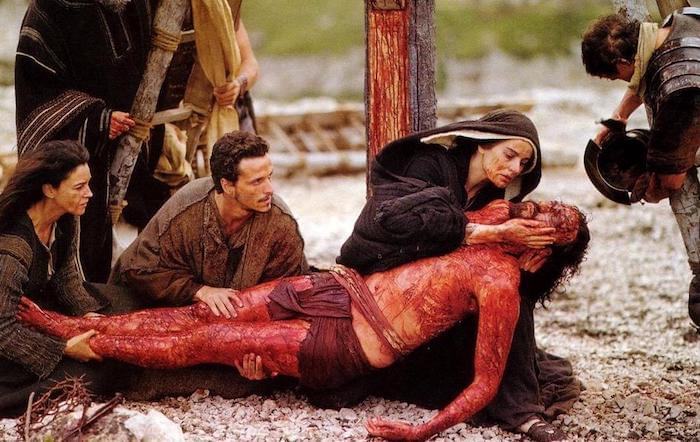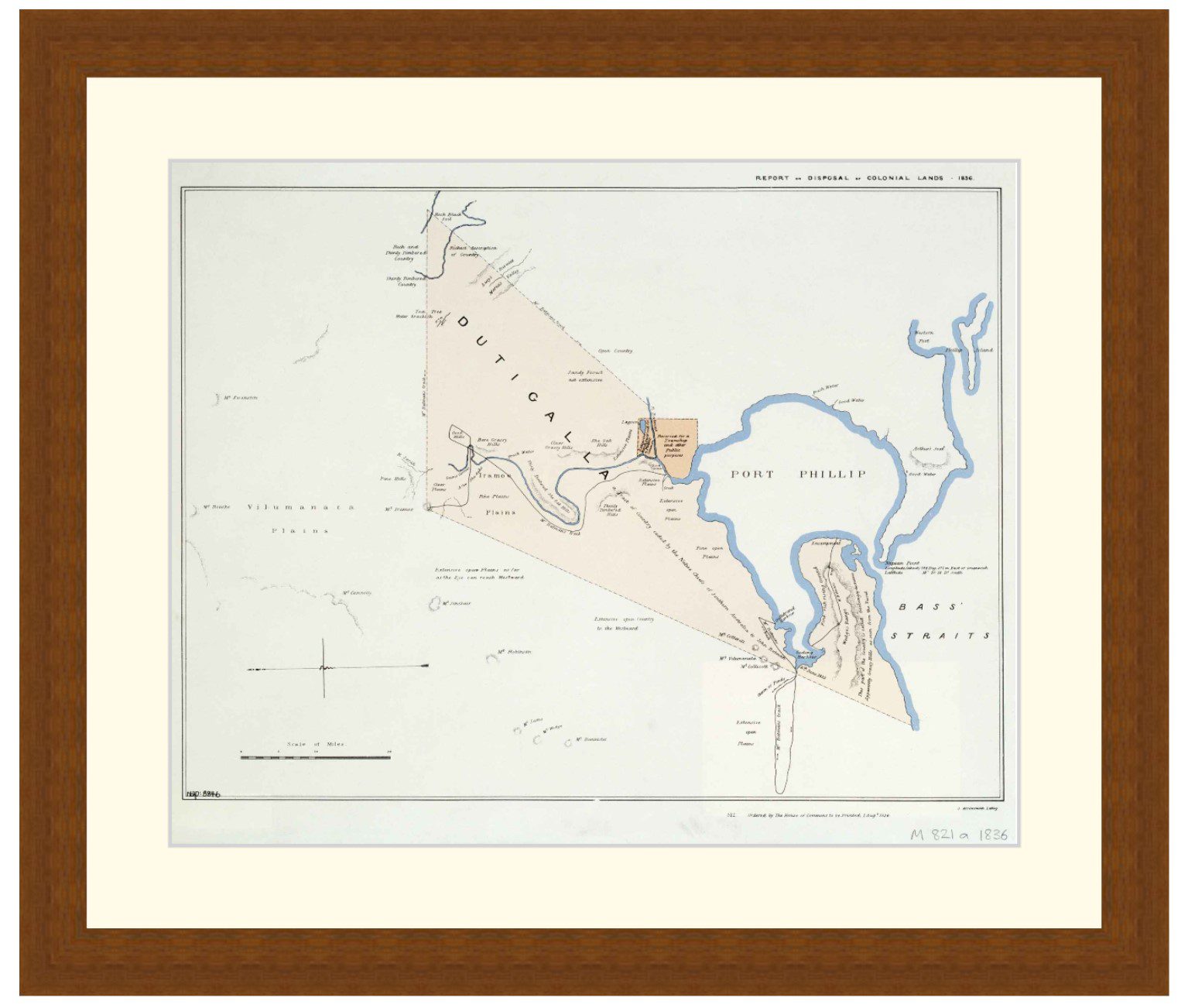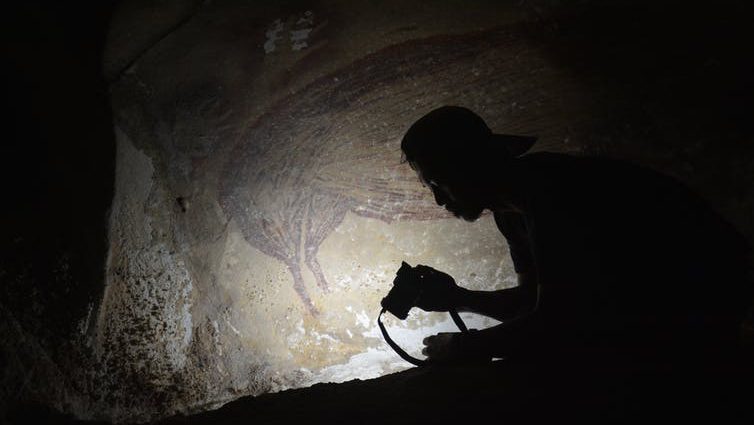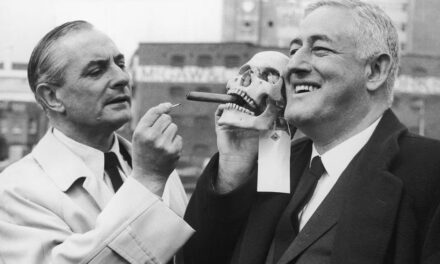Reading time: 5 minutes
Looking back at director Mel Gibson’s controversial depiction of Christianity’s central event.
As another Easter holiday approaches, film watchers will certainly have plenty of titles to choose from to fulfill their “seasonal needs”. But of course beyond the images of bunnies and chocolates, Easter’s true significance is rooted in Christianity and the story of Jesus’ death and resurrection. While the biblical film (particularly those chronicling the Gospel) has been a staple of cinema, only one has been able to truly grip audiences, for better or for worse: Mel Gibson’s The Passion of the Christ.
By MICHAEL VECCHIO.
Released to theatres in 2004, The Passion of the Christ is undoubtedly one of the most controversial and violently graphic films made this century and has rightfully earned its accolades and criticisms. Unlike many cinematic adaptations of the New Testament, director Mel Gibson (and screenwriter Benedict Fitzgerald) chose to focus exclusively on the last 12 hours in the lift of Jesus, including his torturous crucifixion. Indeed in a further deviation from the standard “Bible flick”, it is not so much the teachings of Christ that are spotlighted but rather the titular passion: his death.
Depicted in gruesome, explicit, and just plain graphic detail, the torture and crucifixion of Jesus are horrendously recreated. The violence in this film is so obscene in fact that some viewers reported leaving theatres due to nausea. For this reason The Passion of the Christ, has been derided by many as relying too heavily on brutality and obscuring its message. But the question must then arise, what exactly is the message of this film?
Thus while there are plenty of films to watch, or texts to read, to gain a further understanding of Christian doctrine, The Passion of the Christ is not necessarily one of them. Rather with its focus on this barbaric form of Roman execution another level of humanity is brought to the Christ figure. Whether one is a believer or not, the image of this man being agonizingly murdered becomes quite a moving experience, even if the graphic detail becomes very excessive. And yet this is exactly what a crucifixion was: excessive.
In choosing to present as accurately as possible this method of death, Christian followers and others may perhaps begin to understand in a most raw way the immense love that the Bible reveals Jesus had for humanity. But even for the non-believers, just looking at this man’s abhorrent demise in this bloody showing may or may not lead to a feeling of great emotional catharsis.
Despite the justifiable critiques of its violence and other common allegations of anti-Semitism (particularly over its depictions of the Sanhedrin), The Passion of the Christ is a commendable work of film, deserving of a respect for its audacity and points of originality. Spoken in the languages of Hebrew, Latin and Aramaic, the attempts at historical authenticity (including the crucifixion), once more set it apart from other Bible movies. While total historical accuracy is always difficult, what was presented in Mel Gibson’s film is truly a one of a kind film.
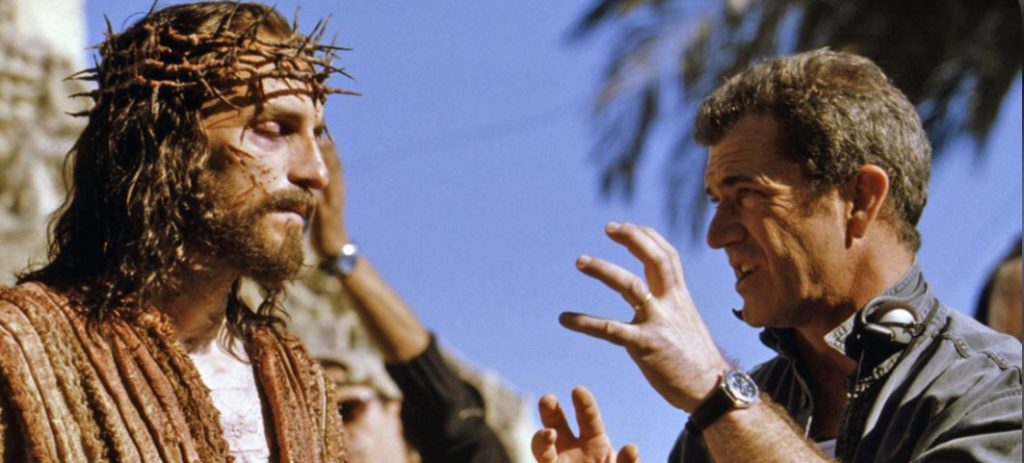
There are not images of an idealized and clean cut Jesus and his disciples, but rather a dirty, poor, and gruff people. Figures like Judas and Pontius Pilate do not break out into song and dance a la Andrew Lloyd Webber, or have lavish costumes like the epic films of the 1950s. Instead the characters are shown in a harsh but important reality.
Ultimately The Passion of the Christ is an unquestionably controversial film. Objections at its hideous depiction of violence or its unconventional narrative retelling of the Gospel are certainly valid. Yet through all of this what Gibson’s film has done is what any noteworthy film should do, and that is generate discussion. Though Mel Gibson and the filmmakers may have gone overboard for some he also created a recreation of this core Christian event in a manner never seen before or after.
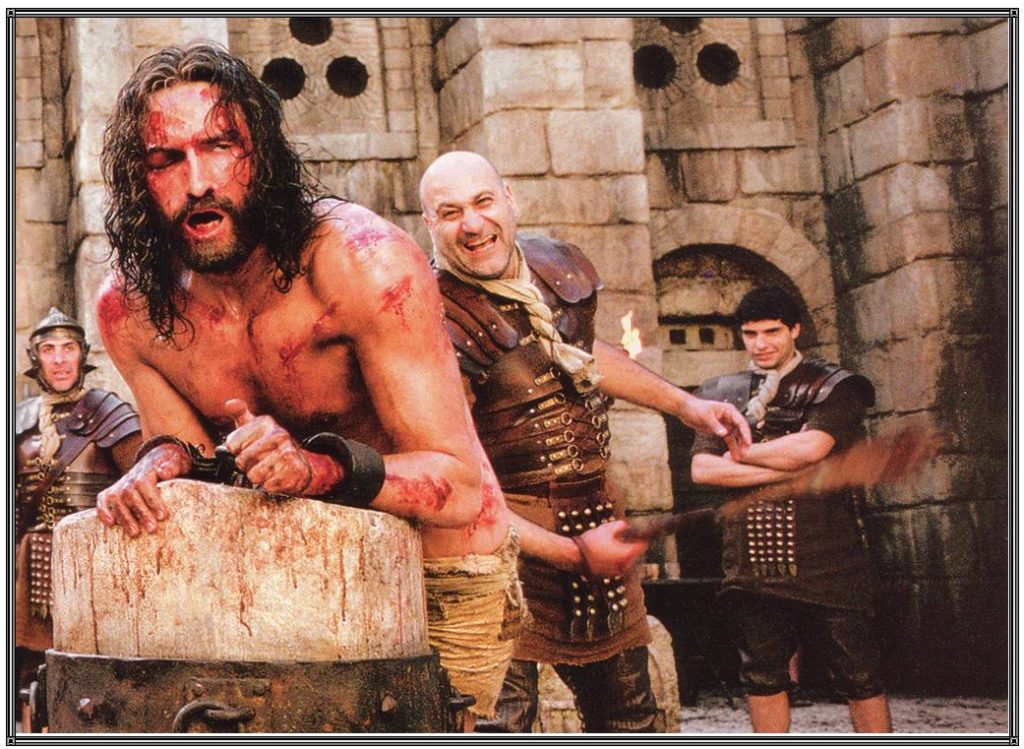
Emotionally moving (positively or negatively), outrageously audacious and quite unlike anything ever produced in religious cinema. Like other controversial films The Passion of the Christ, offers its viewers a lesson that only each individual can attempt to understand. This is not a movie for mass appeal or escapism, but an engaging work that challenges us in many ways. For those who can indeed withstand the violence and the other elements outside of the idealized portrayal of Jesus, this film will surely serve as most enduring experience.
But ultimately liking or disliking the film becomes almost irrelevant; does it inspire? Possibly. Does it revolt? Possibly. Does it leave an impression? Definitely. An important work of filmmaking The Passion of the Christ, should be viewed at least once and then interpreted individually. Whether one lies in the camp of for or against, one thing that remains constant is Mel Gibson’s ability to create a movie that is a truly unforgettable cinematic accomplishment.
Podcasts about The Passion of The Christ
Articles you may also like
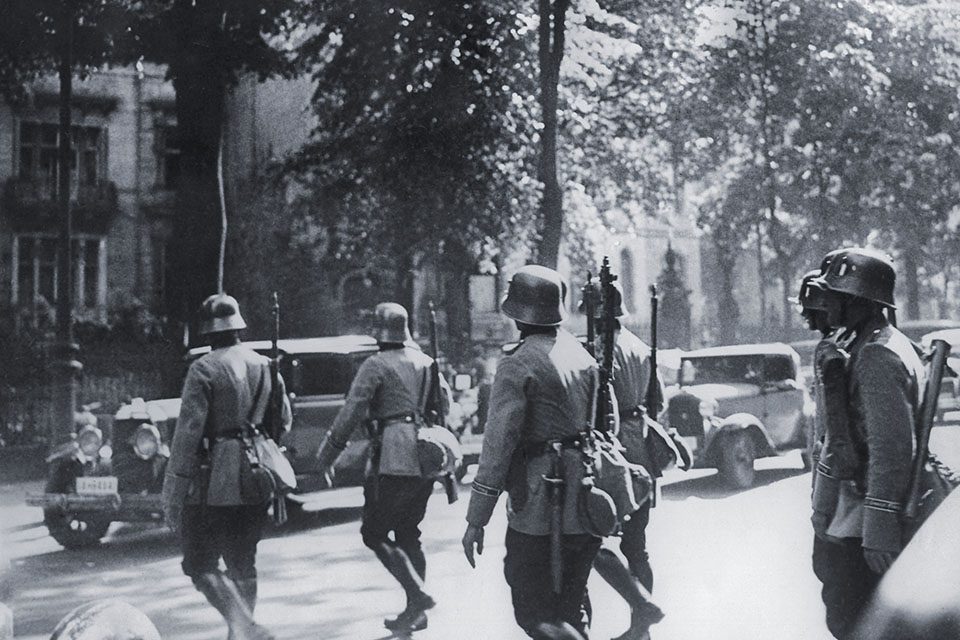
General History Quiz 172
1. What led to the 1934 ‘night of the long knives’ in Germany?
Try the full 10 question quiz.

Why Aotearoa New Zealand’s early Polynesian settlement should be recognised with World Heritage Site status
Reading time: 5 minutes
Despite Aotearoa New Zealand’s rich and celebrated natural and cultural wonders, we have contributed only three to the international list: Te Wahipounamu in the South Island, Tongariro National Park in the North Island, and New Zealand’s sub-Antarctic islands.
While there is a good tentative list of potential submissions, we believe it is now out of date and the country needs to go further. Mostly, we need to be thinking in much broader terms about the reasons we value our heritage.

